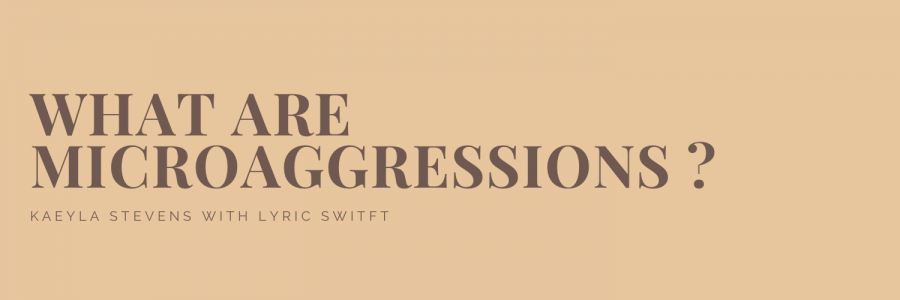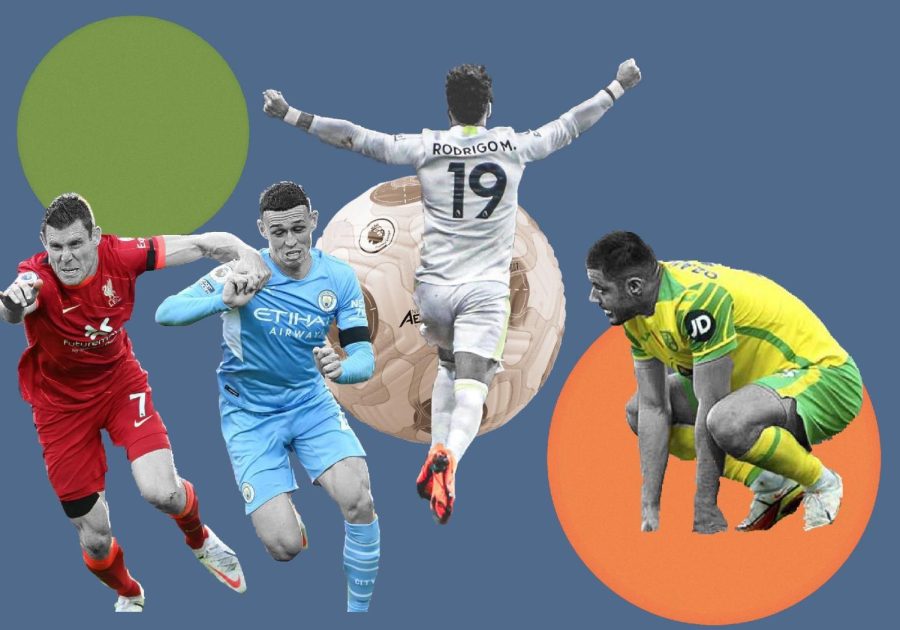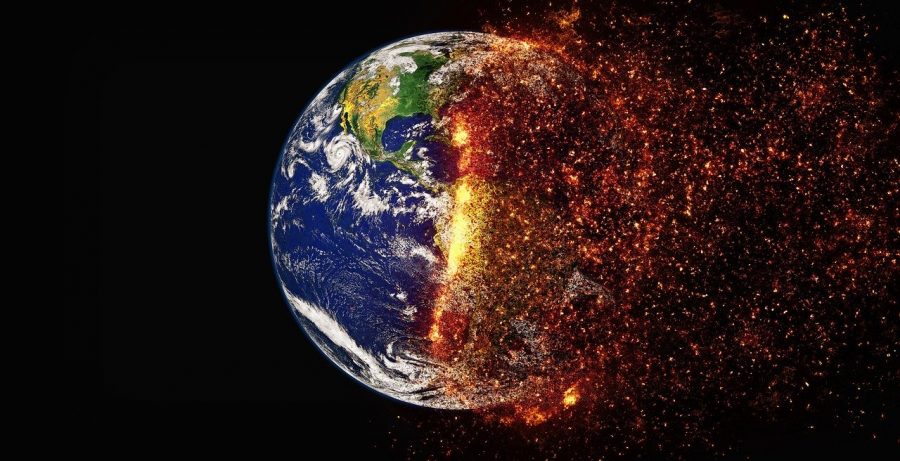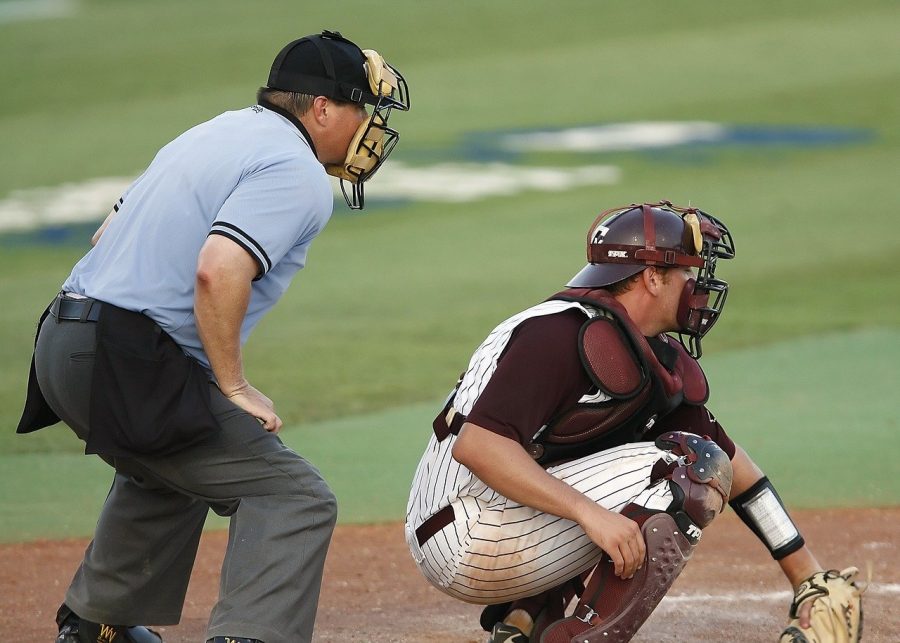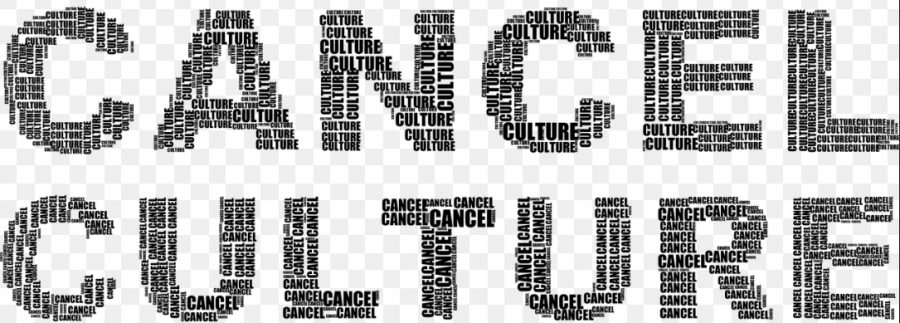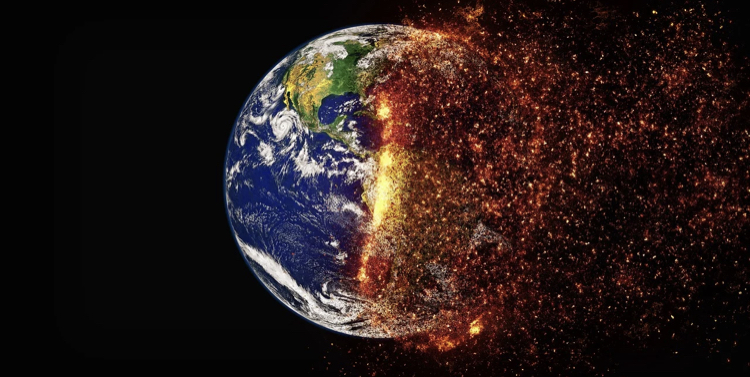Copyright law was created to protect the original content that artists produce from others. However, time has proven that copyright law can be and has been used as more as an offensive tool than a defensive one. This is due that the fact that music companies recognize the large financial potential gain there is to protect their copyright in an aggressive way.
This has led to many examples of court cases about music that have supplied a cruel example of how aggressive companies will be. One of the more ridiculous examples have come from the lawsuit regrading Katy Perry’s “Dark Horse” and its comparison to another song called Joyful Noise. The original case founded that the songs were similar enough due to the underlying synth riffs of both songs to find Dark Horse being a case of copyright infringement. However, it turns out the synth riffs were indeed different according to multiple music theorists that the lines were both different. Eventually, a year after the original case, the court repelled their decisions. It showed that songs with similar sounding, not having the same music composition qualities can be viewed as copyright infringement. Which has shown to not be a onetime occurrence with the Blurred Lines vs Marvin Gayes’s case, that founded Blurred Lines had copyright infringement despite having little to do with each other.
As worrying to the music industries those court cases may seem, they are not the worst when comes to copyright law. That comes from the way that copyright law is enforced on the internet in a black and white fashion. Which has forced many creators to go into extreme measures just avoid a DMCA(Digital Millennium Copyright Act) takedowns. One of the more recent examples, is the new steaming mode added to new video games such as Cyberpunk 2077 that get rid of all copyrighted music from their game. The reason for this is because steamers in the past have gotten DMCA strike for playing video games on their streams that had copyrighted music. Which I find odd because it would make more sense that the gameplay is copyrighted before the music. Due to the focus of streaming games is on the steamer creating gameplay for an audience, not playing the music within it. Which shows how much power that music copyright has over other medians even when the focus median is not music. DMCA strikes like this extend further than just streaming. They also extend to media sharing sites like YouTube, that have terrible copyright enforcement. YouTube has become known as a site for extremely strict policy on copyright content due their copyright guidelines.
If the system detects any use of a copyright song over 5 seconds, then the system flags for companies to decide if it is considered fair use or infringement. If the company decides that it’s infringement, then the video can be marked so the companies gains the revenue from it. The problem comes when the video creator wants to appeal against the DMCA strike. This is because appeal does not go to YouTube themselves, it goes to the companies that issued the strike in the first place. The company decides if the appeal is valid or not. However, there is often very little reason for them to accept any appeal because they would lose the revenue gained.
The worst part of this the system can be automated with AI to detect any use of song and automatically allows the company to gain the revenue. This means even with fair use cases of music such as criticism and analysis can still be viewed as copyright infringement according to this system. Which is very harmful to the entire landscape of music and other art forms, because it makes criticism using examples from the music less likely to be financial viable. The internet needs to move away from the idea that any use of copyright material is infringement to allow for much more freedom. Overall, the music industry needs to change what it views as copyright infringement before we see policy like the one that YouTube has being applied to more areas.


